Keywords: Sting
There are more than 200 results, only the first 200 are displayed here.
-
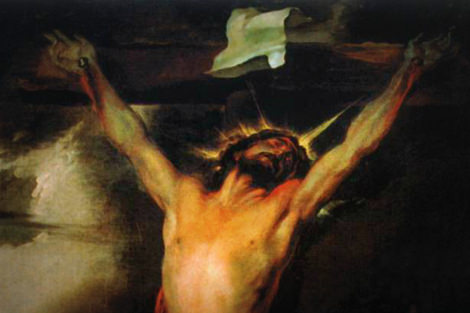
RELIGION
- Fatima Measham
- 12 April 2017
18 Comments
Easter, for me, has always been a time to sit in the brokenness of things, to absorb the dread and devastation, and reel at the inexplicable sacrifice. Crushing humility might have characterised my experience in previous years. This year, I feel formless rage. The human drama of Easter - with its betrayals, moments of audacity and doubt, the machinations in shadow - bears the sting of injustice. The central narrative is political. Choices were made by people in power. They are still being made.
READ MORE 
-
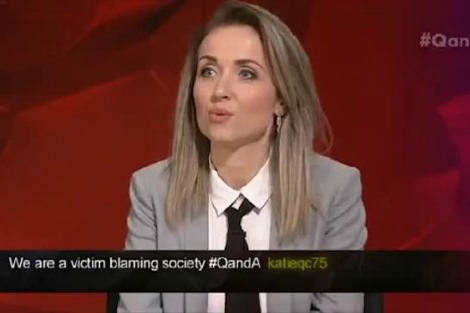
MEDIA
- Neve Mahoney
- 09 March 2017
5 Comments
Last Monday, there was a Q and A discussion about feminism and women's rights. On the panel was Thordis Elva, an anti-violence campaigner known for hosting a TED Talk with her rapist Tom Stranger. The debate emulated my own internal monologue. Is there a place for rapists in the conversation about rape? Did I want to hear what a rapist had to say? At the time I was on the phone to someone close to me who had been sexually assaulted in the past. Would I want her anywhere near her rapist again?
READ MORE 
-
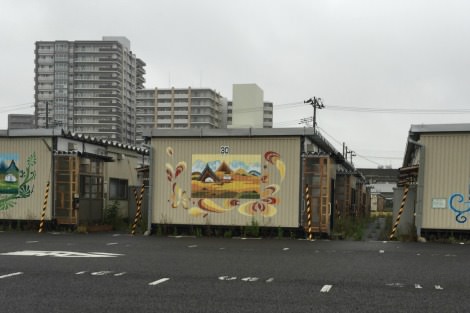
AUSTRALIA
- Pepi Ronalds
- 06 March 2017
3 Comments
This week marks the anniversary of the triple disaster (earthquake, tsunami and nuclear meltdown) that hit northern Japan on 11 March 2011. The event took over 18,000 lives, and initially displaced 470,000 people. Six years on, 127,000 are still without a permanent home. Delays have been caused by the sheer physical scope, pre-existing regulations and other restrictions. These are all understandable. What is less easy to accept are the disruptions caused by the 2020 Olympics in Tokyo.
READ MORE 
-
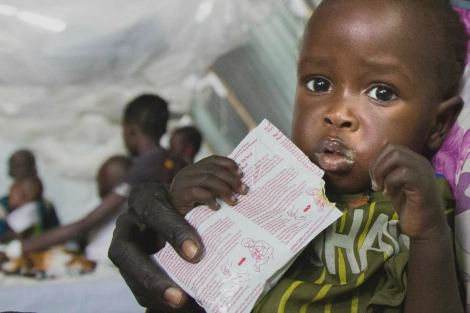
INTERNATIONAL
- Francine Crimmins
- 24 February 2017
2 Comments
This week the UN announced that more than 20 million people across four African countries face starvation in the coming months. As the World Food Program struggles to feed the starving, they are also reminding people that where there is great need in the world, there is often great waste. In Australia, the Department of Environment and Energy estimates food waste is costing households $8 billion every year. This is twice what the UN predicts it needs to cease a famine in four nations.
READ MORE 
-
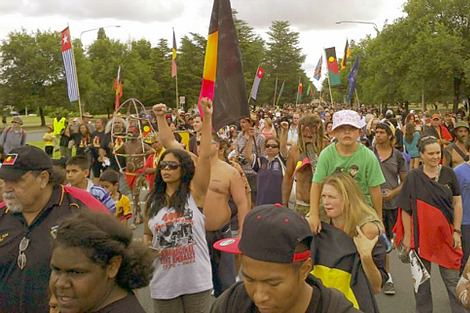
AUSTRALIA
- Celeste Liddle
- 23 January 2017
27 Comments
For many years I felt that by changing the date we might come to a more inclusive national celebration. However the past few years of Indigenous activism have left me cynical. The things we were fighting for decades ago are very similar to the things we're still fighting for. Australia has not acknowledged and rectified its history; rather it seems content to reinforce its amnesia. It's therefore unlikely I will be able to stop protesting this celebration, regardless of the day it's held upon.
READ MORE 
-
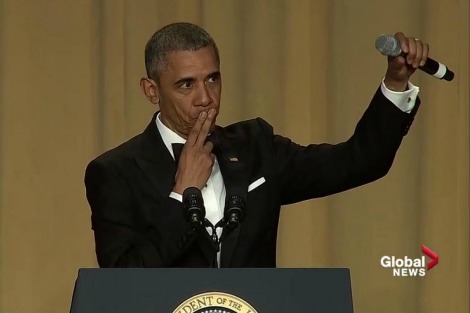
INTERNATIONAL
- Andrew Hamilton
- 18 January 2017
12 Comments
In an otherwise sombre start to the year Barack Obama's final speech has been a shining light. He celebrated what he saw as the successes of his administration without sneering at his political opponents. He spoke graciously and decently, and evoked hope for the future. Obama is right in insisting that empathy is the necessary starting point for reconstructing a broken economic framework. It enables a global perspective from which the good of individuals and groups is set within the flourishing of the whole community, and especially the most disadvantaged.
READ MORE 
-

ARTS AND CULTURE
- Brendan Ryan
- 12 December 2016
Watch the man in his stained shirt barefoot under the palms. Adrift from younger workers he manages a rhythm, a cigarette-dangling-from-the-lip focus. His lined face belies the strength of his forearms, thrusting each coconut onto a metal spike that is his altar. Seven days a week he splits coconuts with the precision required to not sever a wrist in a country with no health insurance. Upriver, in the seamy heat of the Mekong Delta, it could be the 19th century. I don't know where to look.
READ MORE 
-
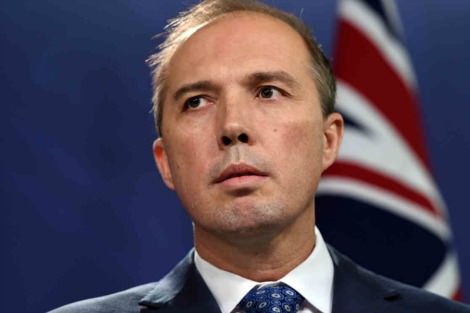
AUSTRALIA
- Kerry Murphy
- 11 November 2016
14 Comments
'We're not going to allow people who have sought to come by boat to come to Australia through a backdoor and we are not going to allow sham marriages to facilitate that,' said Peter Dutton. Given all the existing checks and hurdles, why have a ban? It would only affect about 2000 people; the other 35,000 who came by boat before 19 July 2013 or were not sent to Nauru and Manus Island are not affected. The true intention is to further punish the people we dumped on our Pacific neighbours.
READ MORE 
-
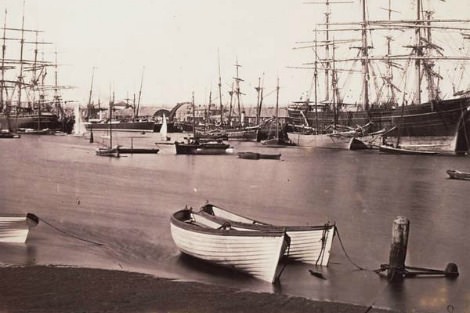
AUSTRALIA
- Gillian Bouras
- 08 November 2016
15 Comments
It would be interesting to know how many of our forbears were illegal immigrants. One of my great-great-grandfathers was. From County Down in Ulster, he was only 16 when he used his thumb print to sign on as a seaman; it was 1847, midway through the Great Famine. Throughout the long journey he was persistently bullied by a petty officer. One morning he snapped, and clobbered the bully with a deckscrubber. Convinced he had killed the man, my ancestor jumped overboard.
READ MORE 
-

AUSTRALIA
- Brian Matthews
- 03 November 2016
4 Comments
Curiously, while privacy continues to be valued and sought in the 21st century perhaps more strenuously than ever before, its milieu is once again the furious turmoil of aggressively public revelation, exhortation and threat that distinguished Johan Huizinga's scarifying portrait of the medieval world, in his book The Autumn of The Middle Ages. In our age, 'all things in life' once again have 'about them something glitteringly and cruelly public'. Or to put it another way, we have social media.
READ MORE 
-
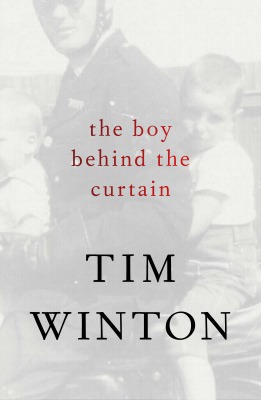
ARTS AND CULTURE
- Tim Kroenert
- 26 October 2016
1 Comment
'When I was a kid I liked to stand at the window with a rifle and aim it at people.' So begins the opening, titular essay. It is a singularly arresting entre to an essay that charts the author's complex relationship with firearms (part awe, part terror), by way of commenting on the place of guns in Australian society. In this collection of essays Winton adopts this mode frequently, weaving (sometimes deeply) personal narratives into stirring, thoughtful commentary on a broad range of social and political issues.
READ MORE 
-
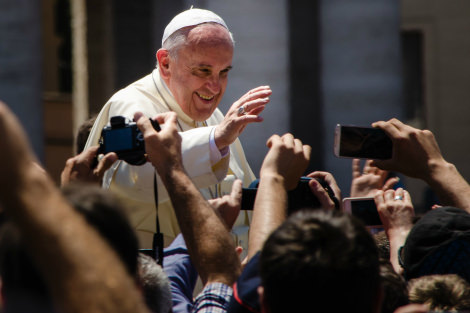
RELIGION
- Andrew Hamilton
- 15 September 2016
17 Comments
Is Francis' style of political engagement effective? It has certainly gained him a favourable hearing within church and society. His message and his personality suit the times. Whether it will be lastingly effective will depend on whether he changes attitudes, particularly those of people who will be responsible for governance in church and state. But at the very least he has stressed the ethical and religious urgency of treating refugees, the environment, and the economy with respect.
READ MORE 